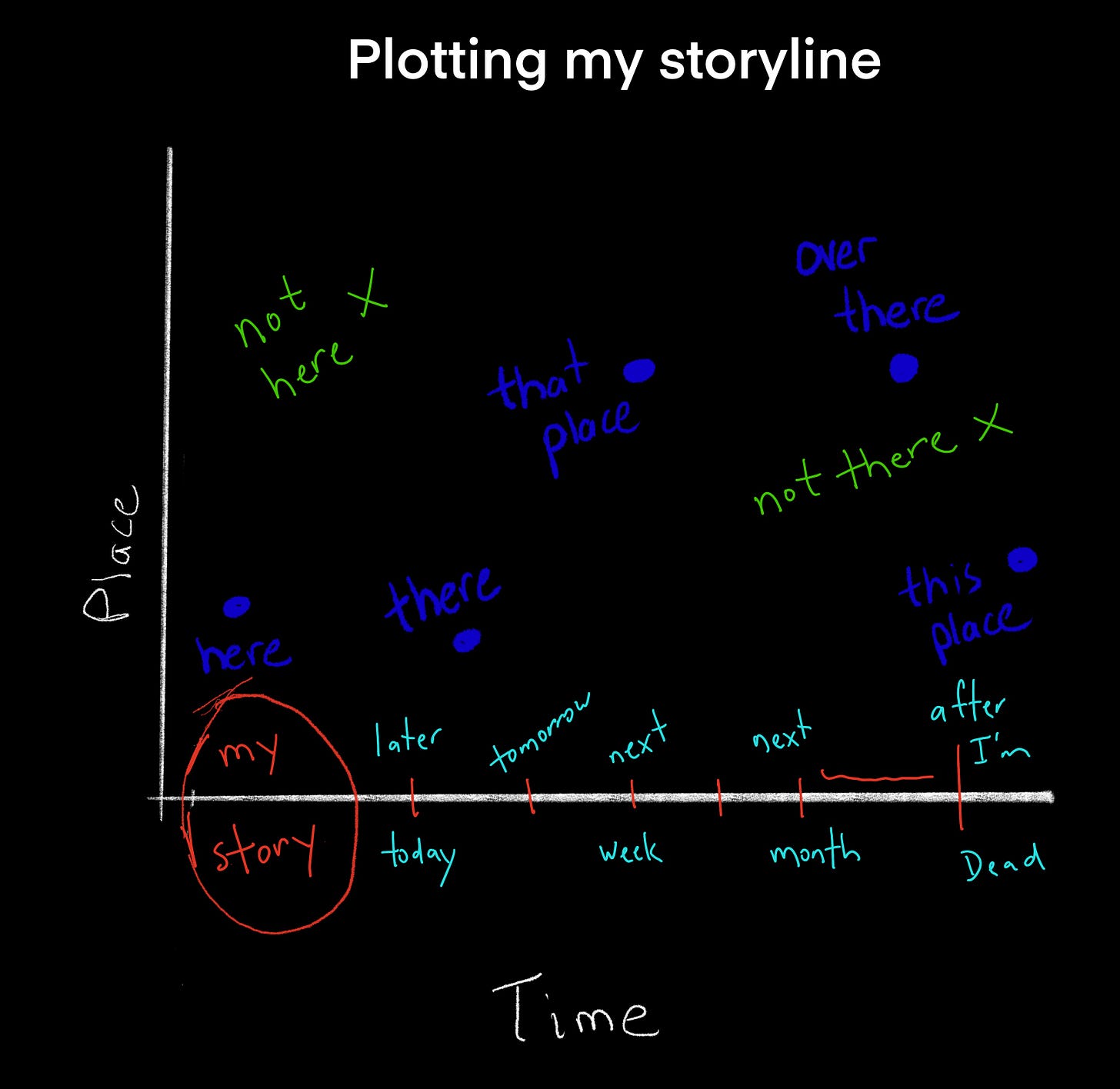Why Write? (And 3 Other Critical Questions for Creative-types)
Box Cutter Co. Free Issue No. 66
Writing is the most powerful technology ever created by humans.
It’s easy to forget this in the current age of social media and Internet use — with over 5 Billion people using both/either.
Writing is a powerful technology used for good (like self-help and support) and for bad (propaganda and hate) — and…



